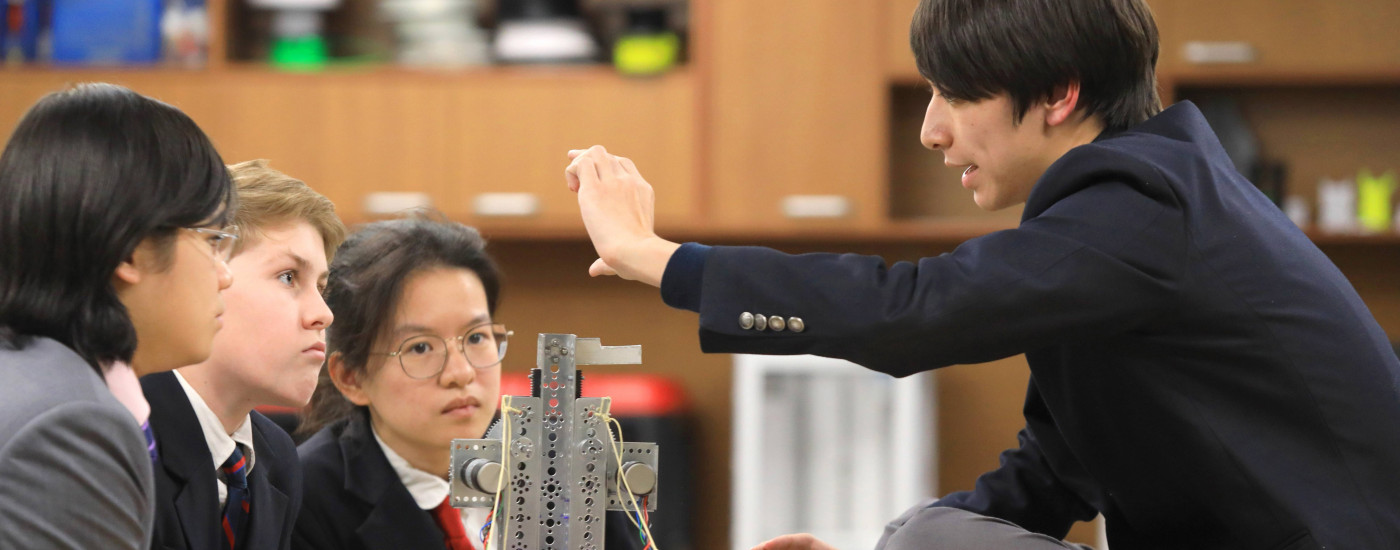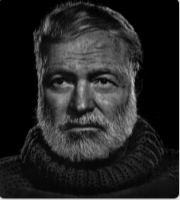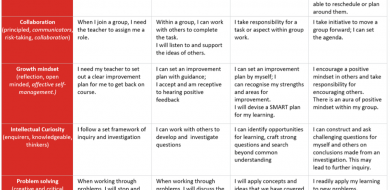Approaches To Learning

My daughter collapsed on our settee recently, smeared with mud and grass stains, hot and exhausted, having just played football with her school team in a tournament. The first thing she told us (apart from the fact that she was hungry and thirsty) was the score from each match and who shot each goal. In her mind, this was competitive sport, where arguably the core purpose of the playing was to win against other teams.
But academic learning is different. It is not all about the grades, and it certainly is not about winners or losers. Indeed, much has been reported in recent months about high achieving adults – apparent role models in various professions of successful attainers – who are now struggling with mental health problems. Having come through an education system themselves where they were told to chase the top grades and be the top of their classes, they developed the mindset that they only have worth and value as an individual if they continue to be seen to ‘do well’ and collect achievements that make them seem better than others. As a result, these adults believe that they are only as good as their last business deal, their most recent sale, or their latest performance. If any one of those begins to look a little mediocre, these adults lose heart and spiral down into an unhealthy darkness of profound self-doubt.

Education has a responsibility, therefore. We aim to prepare our students for a long, purposeful, and healthy life beyond school. When it comes to academic learning we encourage students – and their parents – to value the journey. This is why we report on Approaches to Learning, in addition to attainment. The words below are new this year and are currently being trialled with Years 10 to 13, directly linking to the Learner Profile for the IB Diploma Programme. If students are to the left of the grid, they are relatively dependant learners: very reliant upon being told what to do and on following their teacher. As students mature and progress to the right, they are growing in personal responsibility and independence, developing strong foundations for a rounded, well-balanced, and healthy approach to study. With the right approaches to learning in place, academic outcomes will be as good as they can be anyway; representing a student’s consistent efforts, commitment, and motivation.

It is good to have an end to journey toward; but it is the journey that matters in the end.
We hope that future generations will benefit from this.
Learner Profile for the IB Diploma Programme







